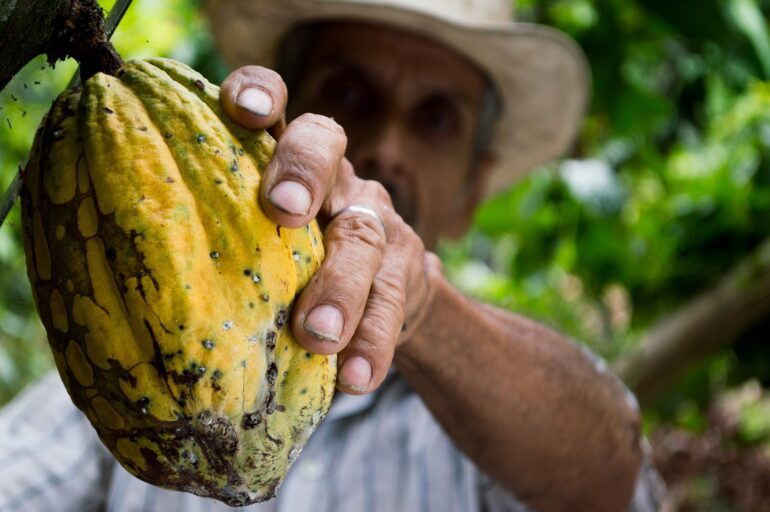TL;DR:
- The food and beverage processing industry must be prepared to adopt artificial intelligence (AI) to stay competitive.
- AI is knocking at the door for many manufacturing industries, and the food industry is just starting to explore its opportunities.
- Early AI implementation can bring benefits to processors with products that have significant variations, such as meat, poultry, fruit, and vegetables.
- AI can help streamline packaging decisions and improve product consistency, quality, and food safety through the analysis of product characteristics.
- To fully leverage AI’s potential, companies must prepare a solid digital ecosystem that includes data collection, storage, and analysis.
- Companies must also approach AI adoption with a measured and strategic mindset, focusing on areas with the greatest payback.
- The future of food and beverage processing will be shaped by AI, and companies must be prepared to embrace it to stay ahead of the curve.
Main AI News:
As the adoption of artificial intelligence (AI) continues to sweep across industries, food and beverage processors must be prepared to capitalize on the benefits of this cutting-edge technology. With AI no longer relegated to the realm of science fiction, it’s time for industry leaders to take a proactive approach to embracing its potential.
Jorge Izquierdo, Vice President of Market Development at PMMI, The Association for Packaging and Processing Technologies, notes that while the food industry is just starting to explore the opportunities presented by AI, there are already numerous technologies that could prove valuable. Processors who are ahead of the curve in incorporating AI into their operations will be poised for long-term success.
However, cost remains a major concern for many companies. To determine the best path forward, processors must carefully consider the return on investment (ROI) of potential AI applications. High-variability processes and tasks are prime candidates for initial improvements, such as the example of e-commerce packaging, where AI can assist in making more efficient decisions regarding product placement and shipping.
Streamlining this process can provide a major competitive advantage for companies that are currently relying on manual methods. The future of food and beverage processing is one where AI will play a pivotal role, and those who are ready to embrace it will reap the benefits.
Conlcusion:
The food and beverage processing industry is at the cusp of a revolution with the adoption of artificial intelligence (AI). Companies that are prepared to embrace AI and lay the foundation for its implementation will reap the benefits of improved efficiency, consistency, and competitiveness in the market.
With numerous technologies already available, it is crucial for companies to focus on areas where they can see the greatest return on investment and build a solid digital ecosystem to support AI adoption. The future of food and beverage processing will be shaped by AI, and companies must be proactive in embracing this technology to stay ahead of the curve.

